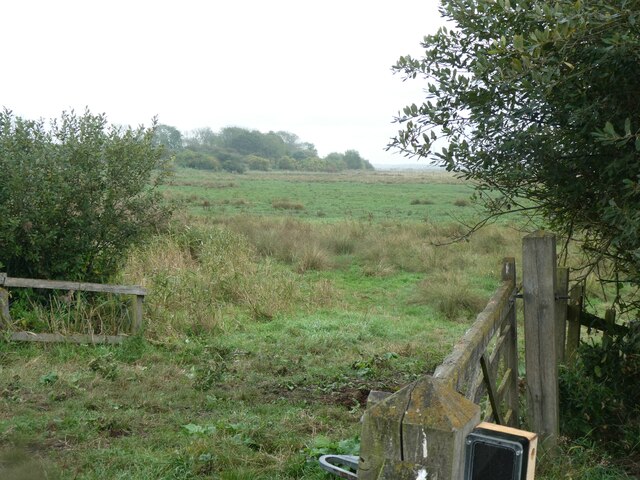Hundred Acres
Downs, Moorland in Cambridgeshire East Cambridgeshire
England
Hundred Acres

Hundred Acres, Cambridgeshire is a picturesque area located in the eastern part of England. Spanning over a vast expanse of land, it is characterized by its rolling downs and enchanting moorland. This stunning landscape is a haven for nature enthusiasts and offers a unique blend of natural beauty and tranquility.
The downs of Hundred Acres are defined by their gently undulating hills, covered in lush green grasses and scattered with wildflowers. The area provides a perfect setting for leisurely walks, picnics, and even horseback riding. Visitors can enjoy breathtaking panoramic views of the surrounding countryside from various vantage points across the downs.
The moorland in Hundred Acres is a captivating sight, comprising of heathland and peat bogs. This diverse habitat is home to a wide array of flora and fauna, including heather, gorse, and various species of birds. Exploring the moorland offers a chance to witness the unique adaptations of plants and animals to this specific ecosystem.
Hundred Acres, Cambridgeshire also offers opportunities for outdoor activities such as hiking and photography. With its serene atmosphere and unspoiled landscapes, it serves as a sanctuary for those seeking respite from the hustle and bustle of city life.
Overall, Hundred Acres, Cambridgeshire is a gem in the English countryside. Its downs and moorland provide a haven of natural beauty and offer a plethora of activities for visitors to enjoy and appreciate the wonders of nature.
If you have any feedback on the listing, please let us know in the comments section below.
Hundred Acres Images
Images are sourced within 2km of 52.291046/0.28841199 or Grid Reference TL5668. Thanks to Geograph Open Source API. All images are credited.







Hundred Acres is located at Grid Ref: TL5668 (Lat: 52.291046, Lng: 0.28841199)
Administrative County: Cambridgeshire
District: East Cambridgeshire
Police Authority: Cambridgeshire
What 3 Words
///coconut.grab.campsites. Near Burwell, Cambridgeshire
Nearby Locations
Related Wikis
Wicken Fen
Wicken Fen is a 254.5-hectare (629-acre) biological Site of Special Scientific Interest west of Wicken in Cambridgeshire. It is also a National Nature...
Reach, Cambridgeshire
Reach is a small village and civil parish on the edge of the fenland in East Cambridgeshire, England at the north end of Devil's Dyke, about 1.5 miles...
Wicken, Cambridgeshire
Wicken is a small village on the edge of The Fens near Soham in East Cambridgeshire, ten miles north east of Cambridge and five miles south of Ely. It...
Upware
Upware is a village in Wicken civil parish, part of East Cambridgeshire, England, lying on the east bank of the River Cam. == History == Situated in the...
Nearby Amenities
Located within 500m of 52.291046,0.28841199Have you been to Hundred Acres?
Leave your review of Hundred Acres below (or comments, questions and feedback).













